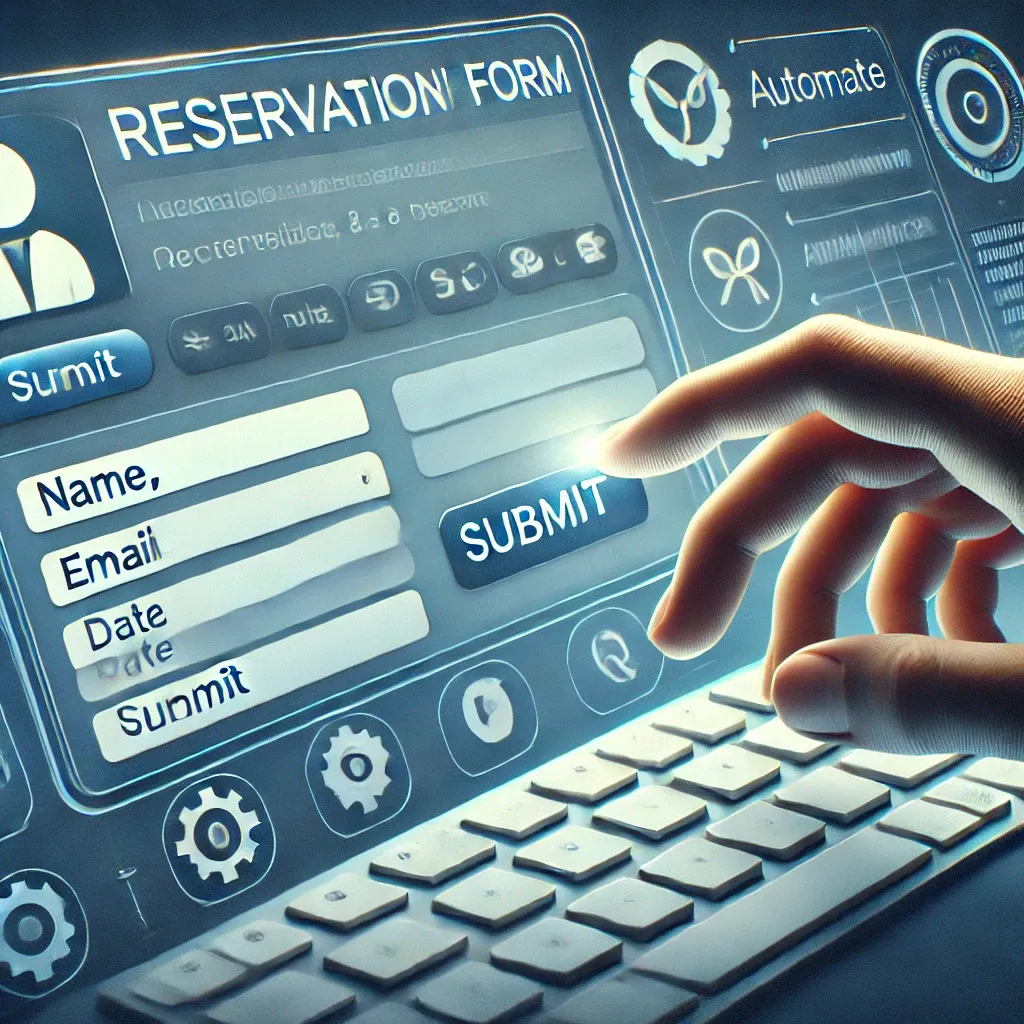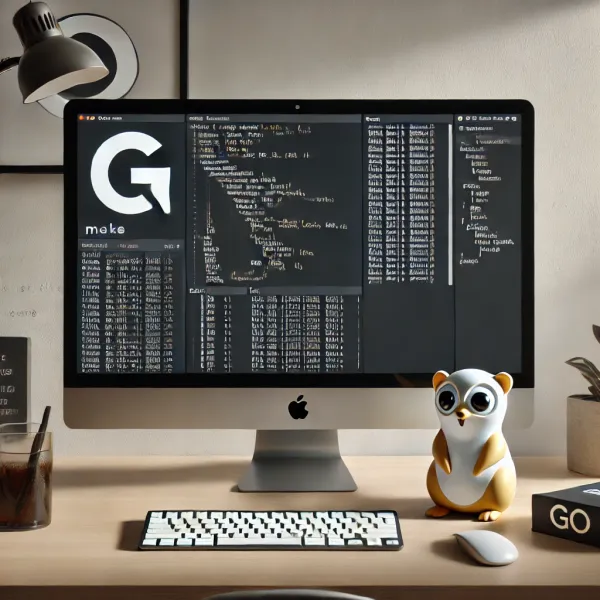How to Create a Site Reservation Macro

In today's fast-paced digital world, securing reservations for popular events or services can be a challenge. Whether it's booking a table at a trendy restaurant, reserving tickets for a concert, or securing a spot in a fitness class, timing is crucial. A site reservation macro can automate this process, ensuring you don't miss out. In this post, we'll guide you through the steps to create a simple yet effective site reservation macro.
Understanding Macros
A macro is a set of instructions that automate repetitive tasks. In the context of site reservations, a macro can fill out forms, click buttons, and navigate through pages to complete a reservation process. We’ll be using a combination of tools and programming languages to create our macro.
Tools You’ll Need
- Web Browser (Google Chrome)
- Browser Automation Tool (Selenium WebDriver)
- Programming Language (Python)
- Text Editor or IDE (Visual Studio Code, PyCharm, etc.)
Step-by-Step Guide
Step 1: Install Required Software
Before we start coding, we need to install the necessary software.
- Python: Download and install Python from python.org.
- Selenium WebDriver: Install Selenium using pip:bash코드 복사pip install selenium
- ChromeDriver: Download the ChromeDriver that matches your version of Chrome from chromedriver.chromium.org and place it in a directory included in your system's PATH.
Step 2: Set Up Your Project
Create a new directory for your project and open your text editor or IDE. Create a new Python file, for example, reservation_macro.py.
Step 3: Import Libraries and Set Up WebDriver
In your Python file, import the necessary libraries and set up the WebDriver:
from selenium import webdriverfrom selenium.webdriver.common.keys import Keysfrom selenium.webdriver.common.by import Byimport time# Set up WebDriver
driver = webdriver.Chrome() # or the path to your ChromeDriver
Step 4: Navigate to the Reservation Page
Use the WebDriver to open the reservation page:
url = 'https://example.com/reservation'
driver.get(url)
Step 5: Automate Form Filling
Identify the form fields and buttons you need to interact with. You can use browser developer tools (Inspect Element) to find element IDs or classes.
# Find elements and fill out the form)
name_field = driver.find_element(By.ID, 'name'name_field.send_keys('Your Name')email_field = driver.find_element(By.ID, 'email')email_field.send_keys('your.email@example.com')date_field = driver.find_element(By.ID, 'date')date_field.send_keys('07/10/2024')# Add more fields as necessary
Step 6: Submit the Form
Find and click the submit button:
submit_button = driver.find_element(By.ID, 'submit')
submit_button.click()
Step 7: Handle Confirmation
Wait for the confirmation message or page:
time.sleep(5) # Wait for the confirmation page to load)
confirmation_message = driver.find_element(By.ID, 'confirmation'print(confirmation_message.text)
Step 8: Close the Browser
Finally, close the browser:
driver.quit()
Conclusion
Creating a site reservation macro can save you time and ensure you never miss out on important reservations. With tools like Selenium WebDriver and Python, you can automate the process efficiently. Remember to customize the macro to fit the specific requirements of the site you're working with.
Happy automating!


